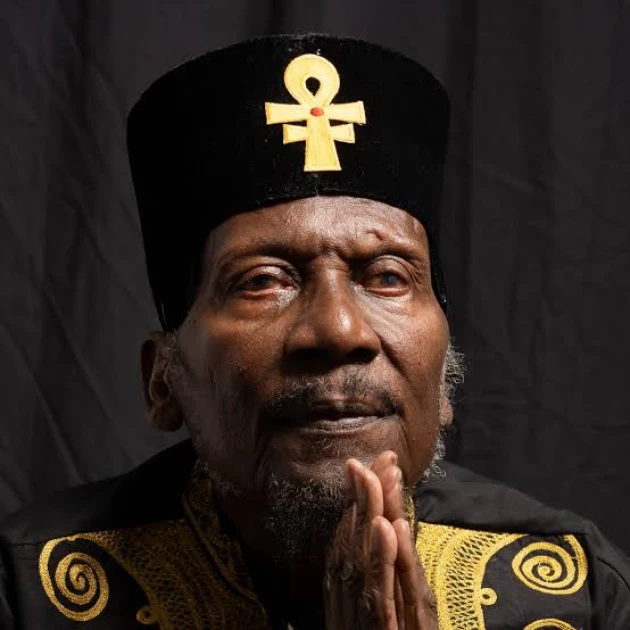The Sport Monitoring Advisory Panel and Sporting Equals shares its first set of findings from the Race Representation Index at Sporting Equals’ annual Race Equality Event: State of The Sector. The Race Representation Index (RRI) has been developed by the Sport Monitoring Advisory Panel which was established by Sporting Equals in February 2021 to hold account sports organisations, particularly publicly funded national governing bodies of sport (NGBs).
In light of the Black Lives Matter movement in 2020 and the death of George Floyd, the Panel felt the sector was at a pivotal point where evidence was needed to demonstrate the progress being made in sport, its management and decision making from a race equality perspective. The RRI was created purely on the basis of information volunteered by the NGBs.
The Race Representation Index is based on a score card template developed to grade hiring practices in professional and college sport based in the USA. The original score card focuses on the men’s and women’s National Basketball Associations (NBA and WNBA, respectively), Major League Soccer MLS), Major League Baseball (MLB), the National Football League (NFL) and College Sports.
Notably, the Racial & Gender Report Card (RGRC) has been successfully running on an annual basis since 1991 with consistent engagement from the participating organisations. The Sporting Equals RRI uses a similar framework to the RGRC and focuses on hiring practices and Race Equality Policy data.
Densign White MBE, Chair Sporting Equals, Former Chair British Judo and Chief Executive IMAAF, said: “The lack of Black leadership in sport has already been spoken about, what we are seeking to do is to track the developments and resolves that National Governing Bodies of sport have already committed to in terms of delivering diversity and race equality in sport. Without diverse leadership and workforce progress will remain stunted.
“The importance of the Race Representation Index and indeed a collaborative working relationship with National Governing Bodies of Sport will be pivotal moving forward with future findings. The Index allows for identification not only on areas of improvement but also cases of best practice which allows for wider sharing and adoption of best practices to create a more equal space in sport.”
Commonwealth Games Netball Gold medallist, Ama Agbeze MBE, a member of the Sport Monitoring Advisory Panel and Board Member of the Birmingham Commonwealth Games, commented: “For the Sport Monitoring Advisory Panel our chief motivation in driving the Race Representation Index with Sporting Equals was to establish a baseline of data from which we can then measure and track progression of the sport sector when looking an equity, diversity and inclusion.
“The baseline has now been established with this first set of findings and while there are successes which should be acknowledged and applauded for best practice there is, as a whole, a long way to go for sport before true racial equality will be felt and achieved.
“Through the Race Representation Index the sector can now drive forward race equality initiatives and mark progress with evidence, data and analysis. Commitment and tangible action is needed from the UK sport sector and post the Black Lives Matter 2020 pledges and statements we hope those two key factors will continue to be present when working to deliver race equality to UK sport.”
Queens Park Rangers Technical Director and former professional footballer Chris Ramsey MBE, said: “The Race Representation Index is a transparent, fair and factual way to review how far the UK sport sector is progressing post their Black Lives Matter 2020 pledges to racial equality and anti-racism approaches. Year on year we aim to work with Sporting Equals and National Governing Bodies of Sport who are publicly funded to monitor data relating to diversity in the sport sector workforce.
“The facts and data that will come to light through the Race Representation Index will help us as a sector to map out evidence driven Diversity, Equity and Inclusion policies and practices which will help deliver more inclusive spaces in UK sport and improve player experiences. Data driven interventions and initiatives will help create a wider pool of talent where all communities feel they can engage and gain a successful and fair career in sport.”
Sporting Equals Chief Executive, Arun Kang OBE, added: “The work of both Sporting Equals and the Sport Monitoring Advisory Panel to establish this data monitoring exercise, which we aim to make a yearly practice and staple of the sport sector, is incredibly vital to ensure evidence based resolves and outcomes for race equality in sport. We have launched the findings as part of our annual Race Equality Event: State of The Sector to give our peers a more detailed and comprehensive view of our sector in terms of racial diversity in sport.
“The Race Representation Index will greatly assist in tracking the journeys of publicly funded National Governing Bodies of Sport and sports organisations, on an annual basis, as they work towards becoming more inclusive and equitable. This is of particular importance especially when reviewing long-standing issues of racism and current failings from the UK sport sector.
“Through data driven analysis we can, as a sector, work to deliver diverse talent pathways that will recruit talented individuals who better represent the communities we as a sector are seeking to engage with. In addition to the data from the Race Representation Index greatly assisting in forming positive and impactful interventions to increase participation in sport from ethnically diverse communities.”
The average grade across the participating NGBs for each criterion are as follows:
Board C
SMT/SLT E
Senior Coaching E
Players/Athletes C
Overall D











